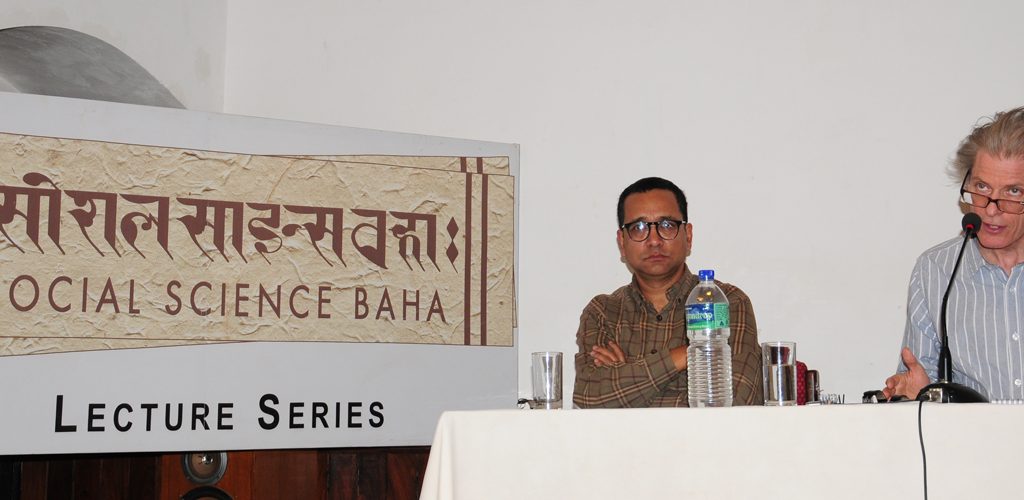Lecture Series
Anthropology And Development Policy: A Difficult Relationship?

David Mosse
on
Anthropology and Development Policy: A Difficult Relationship?
Anthropologists have a reputation for being sceptical of the claims of development agencies to improve the conditions of disadvantaged people. Some even believe that claims to improve disguise governmental ambitions to discipline, control, or incorporate poor people into global capitalism. This lecture will argue that anthropology has a critical contribution to make to development, but not because it offers expert knowledge on ‘the social’ or culture or ‘indigenous knowledge’, nor because it offers research knowledge on development problems or supplies policy recommendations. Rather, what anthropology can offer is awareness of the uncertain link between policy intention and outcome and a better understanding within agencies of how they think and what their action does. In other words, anthropology can open up a reflexive capacity in organisations that is essential to effective development. But there may be particular obstacles to the recognition and use of such knowledge.
* * *
Listen to or download lecture in audio format
Lecture
David Mosse is Professor of Social Anthropology at the School of Orienal and African Studies, University of London. He has also worked for Oxfam in south India, as a social development adviser for DFID, and as a consultant to various international organisations, including the World Bank. He has research interests in the anthropology of development, water and environmental history, and rural society and popular religion in India. He is currently coordinating a collaborative research project, ‘Caste Out of Development’ on civil society activism and transnational advocacy on Dalit rights and development. His recent books include Cultivating Development: An Ethnography of Aid Policy and Practice (2005), Adventures in Aidland: The Anthropology of Professionals in International Development (2011), The Rule of Water: Statecraft, Ecology and Collective Action in South India (2005), and The Saint in the Banyan Tree: Christianity and Caste Society in India (2012).
(This lecture was being organised in collaboration with Martin Chautari, Kathmandu.)
